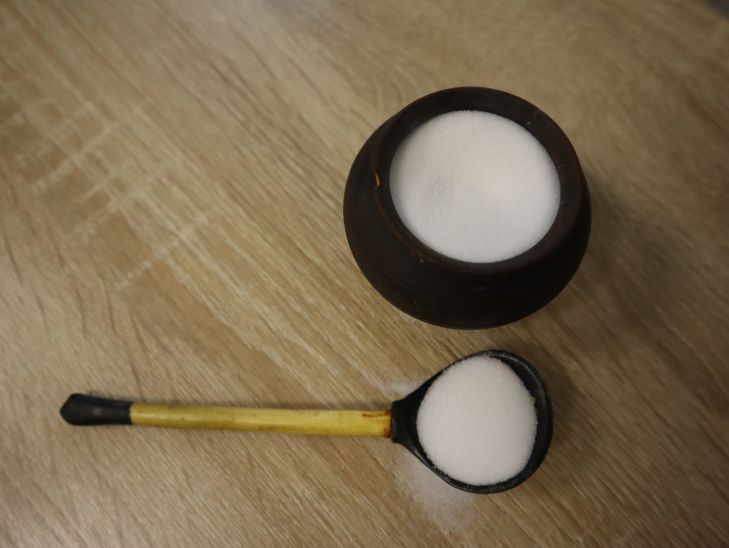Do you need to salt squid when cooking: many people don’t even know about it
Cooking a squid carcass correctly the first time is not so much an art as an experience based on knowledge and practice.
Properly cooked squid meat is quite tender and in no way rubbery. It is believed that it acquires this quality only if the squid is overcooked.
In fact, squid can become tough as a shoe not only if it is overcooked, but also due to the inappropriate addition of salt.
When to salt squid
There is no need to be particularly careful with this seafood, you just need to know two important rules.
1. This concerns the cooking time.
There are several options for this: A) the squid is boiled in boiling water for 1-2 minutes over high heat, and then the water is drained; B) the carcass is kept in boiling water for 10 minutes without cooking; C) thrown into boiling water and wait until the water boils again, remove the pan from the heat, wait 2 minutes and cool.

2. This concerns adding salt.
It turns out that squid is salted twice during cooking. More precisely, at first, the water in which the carcass will be cooked is only slightly salted.
The remaining amount of salt is added a second time, but only when it is fully cooked.
The main thing in this matter is not to oversalt, otherwise the squid meat will become tough and tasteless.
And if there is little water, then the squid does not need to be salted at all. Many cooks think so, paying attention to the fact that this seafood is a little salty in itself.
There is also no point in salting squid meat if it is going to be cooked with mayonnaise, served with a sauce, or added to a salad that is going to be salted.
